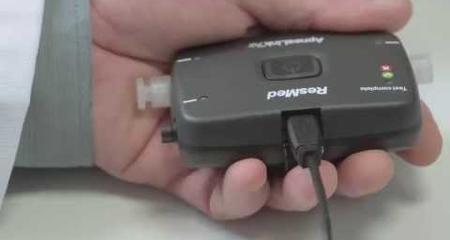People suffering from narcolepsy experience excessive daytime sleepiness despite a good night’s sleep. The body’s system for staying awake can shut down, triggering a “sleep attack.” In other words, you could fall into a deep sleep at any time.
Causes of Narcolepsy
Narcolepsy is a chronic, neurological sleep disorder that involves the body's central nervous system. Narcolepsy is known to be a genetic disorder, but what causes narcolepsy is not yet known.
Narcolepsy Symptoms
Common symptoms of narcolepsy include:
- Excessive daytime sleepiness (EDS)
- Sudden loss of muscle control ranging from slight weakness to total collapse
- Being unable to talk or move for about one minute when falling asleep or waking up
- Often experiencing scary dreams and sounds when falling asleep
Diagnosing Narcolepsy
To help diagnose narcolepsy, your physician may recommend laboratory tests to confirm a diagnosis and plan treatment, including:
- Overnight Polysomnogram (PSG) - to determine the presence of excessive daytime sleepiness (EDS) and perhaps other underlying causes of this symptom.
- Multiple Sleep Latency Test (MSLT) or MSLT Sleep Study - to measure sleep onset and how quickly rapid eye movement (REM) sleep occurs.
Narcolepsy Treatments
Treatment for narcolepsy may include medications, nap therapy and diet and exercise changes.


